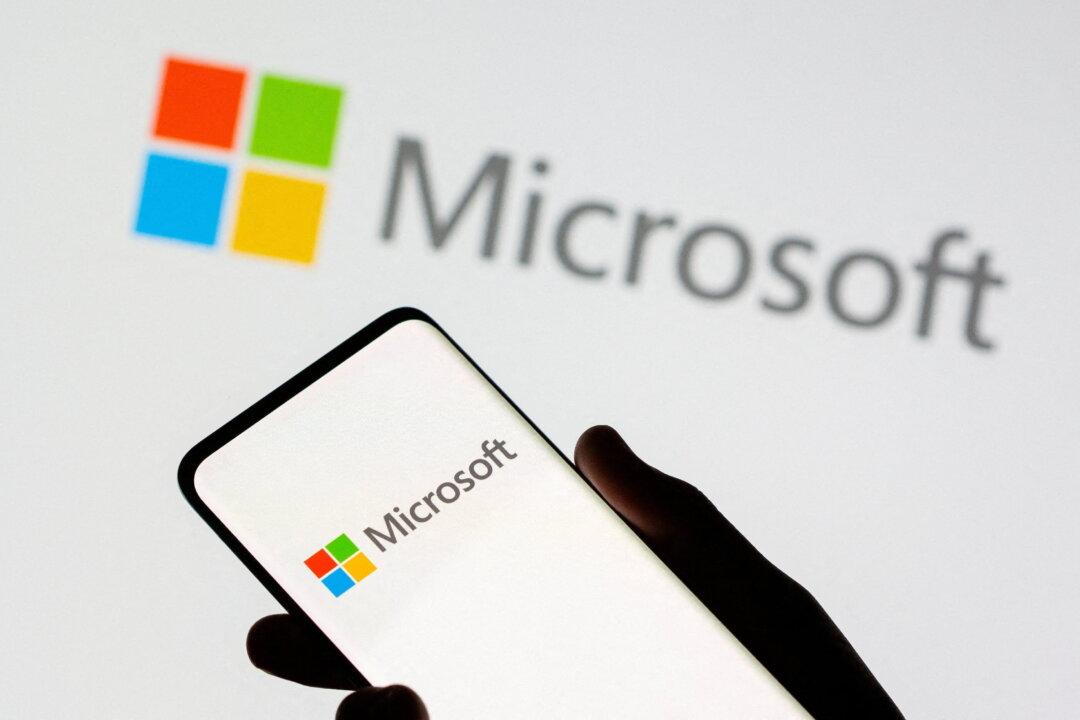Microsoft is investing billions in OpenAI, the creator of the artificial intelligence system ChatGPT, the tech giant has confirmed.
In a blog post on Jan. 23, the company announced the third phase of its “long-term partnership with OpenAI” through a multiyear, multibillion-dollar investment aimed at accelerating “AI breakthroughs to ensure these benefits are broadly shared with the world.”




